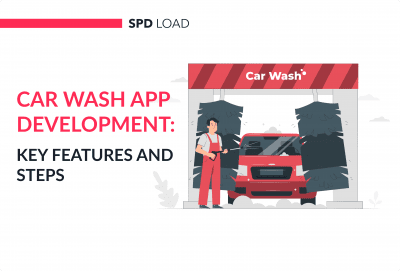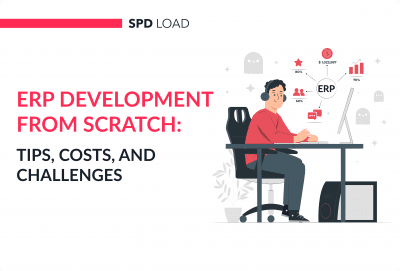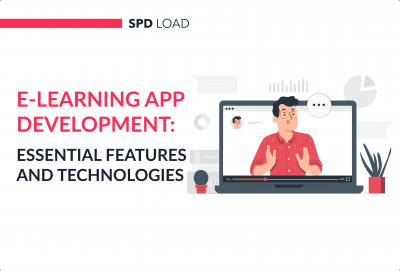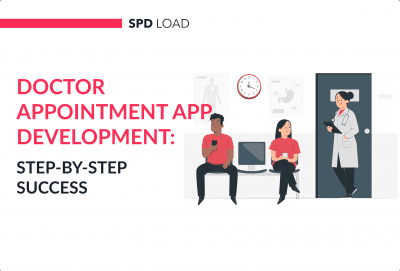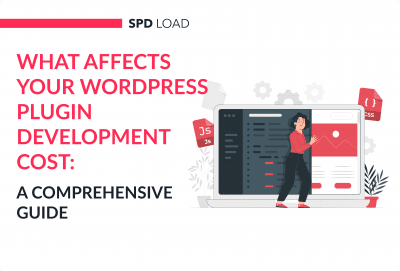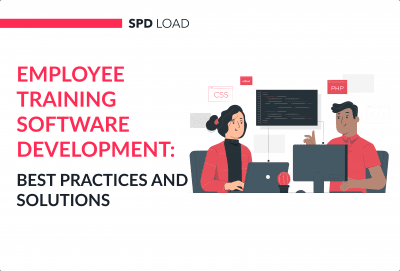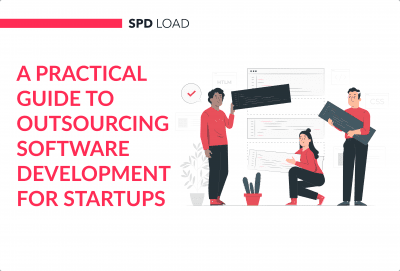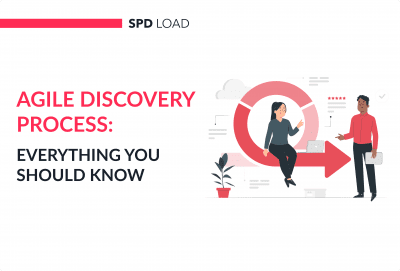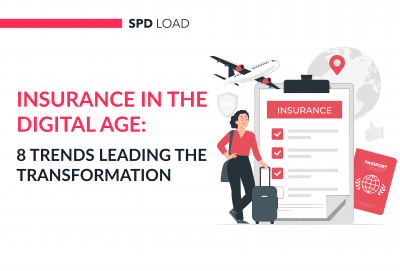CRM in Recruiting: What It Is and Why Your Company Needs It
- Updated: Aug 27, 2024
- 9 min
Winning the war for talent takes more than just posting to job boards these days.
Attracting top candidates, engaging them, and ensuring they have an outstanding experience throughout the hiring process requires a personalized, data-driven approach – exactly what a recruiting CRM platform provides.
This article explains how CRM technology is transforming recruiting:
- Automating manual tasks to free up recruiter time
- Providing insights through reporting and analytics
- Enabling personalized, relevant candidate communications
- Improving collaboration between hiring managers and recruiters
- Generating metrics tied to quality of hire
Read on to understand recruitment CRM, why it’s becoming essential, and how it equips recruiters to build talent pipelines that move their organizations forward.
For companies looking to streamline hiring, choosing the best recruitment CRM can make all the difference in talent acquisition.
If you’re interested in how to build CRM from scratch, our guide will give you all the tools and insights you need.
Simplify your hiring process with a tailored CRM platform, offering powerful tools and insights to secure top talent efficiently.
Statistics
Statistics play a vital role in understanding the real impact of any technology or process.
In this section, we’ll look at the latest statistics that show how CRM for recruitment has revolutionized the hiring industry.
1. Reduced Time to Hire
94% of recruiters have emphasized the value of recruiting software in improving their hiring process.
The streamlined workflows and automated processes enable recruiters to efficiently source, screen, and engage candidates, expediting the hiring process.
2. Increased Candidate Engagement
73% of potential candidates are passive job seekers who are currently employed and open to hearing about new job opportunities but also too hesitant to apply.
Personalized communication and ongoing support for candidates helps strengthen relationships.
This makes it more likely that candidates will accept a job offer.
3. Improved Quality of Hire
Businesses that leverage CRM software see sales increase by 29%, sales productivity increase by 34%, and sales forecast accuracy increase by 42%.
A data-driven approach and advanced analytics allow recruiters to find and hire the best talent. They are the best fit for the organization.
By leveraging the power of CRM, companies can gain many benefits. They usually go beyond traditional recruiting methods.
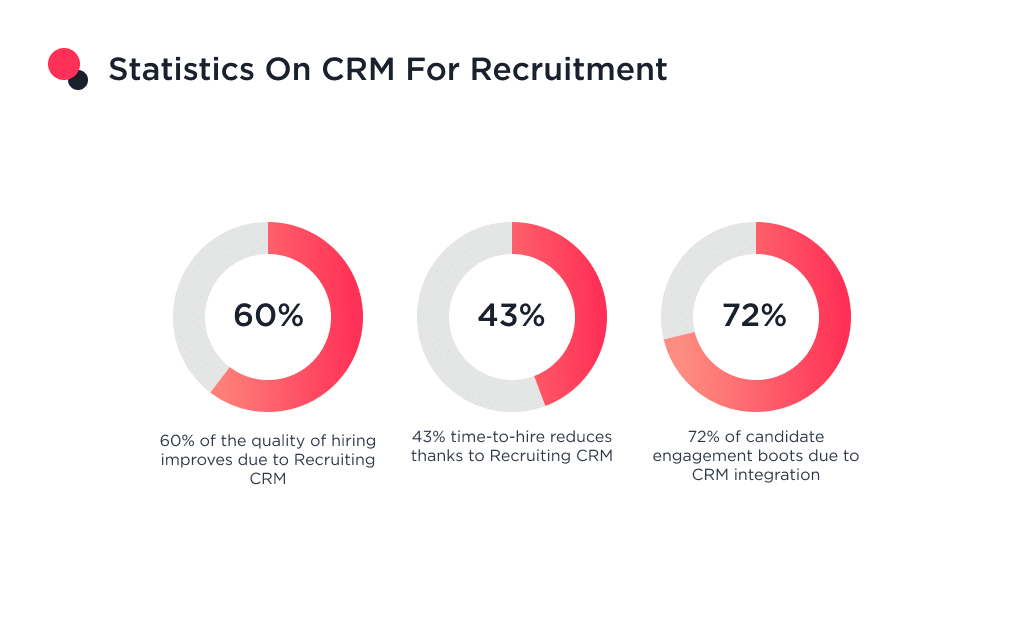
Let’s explore the unique advantages of incorporating recruiting software into the hiring process.
5 Benefits of Recruiting Software
In the competitive world of talent acquisition, companies are constantly looking for innovative solutions.
They help to attract and hire the best candidates.
The traditional manual approach to recruitment is often time-consuming and inefficient.
This leads to missed opportunities and limited access to a diverse talent pool.
Let’s dive in and discover how your business can harness the power of HR software development service to gain a competitive edge in the talent market.
1. Optimized Candidate Search
Recruitment CRM software revolutionizes candidate search by offering powerful tools for sourcing and tracking potential candidates.
For instance, with advanced search filters and AI-driven algorithms, recruiters can quickly identify candidates who match specific criteria, leading to a larger and more diverse talent pool.
2. Improved Candidate Experience
A positive candidate experience is crucial for attracting top talent.
This leads to better alignment and fasRecruitment CRM systems enable personalized communication with candidates, providing timely updates and feedback throughout the hiring process.
As a result, candidates feel valued and engaged, improving their perception of the company.
3. Data-Driven Decision Making
Data analytics and reporting capabilities in CRM systems empower recruiters to make data-driven and strategic hiring decisions.
They can analyze recruitment metrics, track key performance indicators (KPIs), and identify bottlenecks in the hiring process.
This helps in identifying successful sourcing channels and areas for improvement, leading to better candidate selection.
4. Enhanced Collaboration
Recruitment CRM fosters seamless collaboration between recruiters, hiring managers, and other stakeholders involved in the hiring process.
Centralizing candidate information and communications on one platform ensures that everyone is on the same page.
This leads to better alignment and faster decision-making.
5. Automated Workflows
CRM software automates repetitive and time-consuming tasks, freeing up recruiters.
This is necessary so that they can focus on building relationships with candidates and ensure a smooth recruiting process.
Automated workflows for tasks such as candidate follow-up, interview scheduling, and onboarding simplify the entire recruiting process.
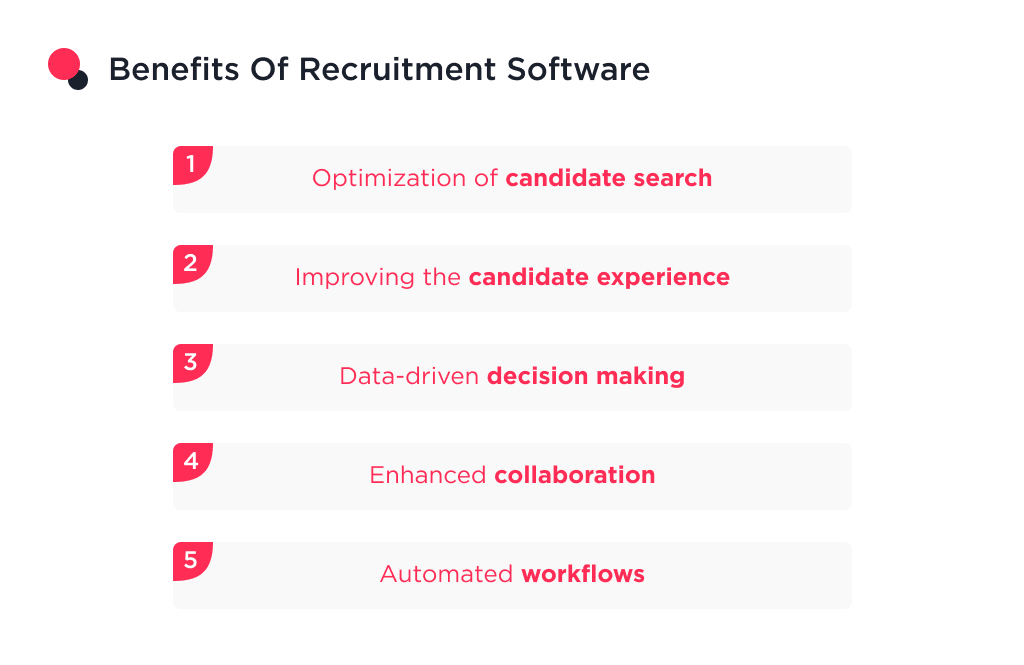
Now that we’ve looked at the benefits of CRM programs for recruiting, let’s dive into the basic steps.
Namely, the steps you should consider when choosing the right platform for your business.
How to Choose Recruiting CRM Software: Step-by-Step
Evaluating and choosing the perfect CRM for a recruiting platform requires careful consideration of various factors.
Namely, from user experience to data security.
In this section, we offer you a step-by-step guide.
It will help you make an informed decision and find the perfect CRM solution that meets your business goals.
Let’s dive into it.
1. Identify Your Specific Recruiting Needs
Before diving into the sea of CRM options, start by defining your organization’s unique recruitment needs.
Consider factors such as the size of the company, the industry you operate in, the types of positions, and current pain points in the hiring process.
This initial analysis will help you narrow down the features and functionalities you require in a CRM system.
2. Involve All Key Stakeholders
Successful implementation of a CRM system requires the support of all key stakeholders.
This includes recruiters, hiring managers, and other members of the HR team.
Involve them in the decision-making process and find out which features they find most valuable.
3. Evaluate Usability and Navigation
A user-friendly and intuitive CRM system is essential for smooth onboarding and efficient usage.
Look for software that is easy to navigate, with a clean and logical interface.
4. Assess Integration Capabilities
A well-rounded CRM system should seamlessly integrate with your existing tools and HR software solutions.
The ability to centralize data and automate data transfer between systems will save time and reduce the risk of data discrepancies.
5. Ensure Mobile Accessibility
With employees increasingly working remotely, it’s important to have a CRM system that supports mobile access.
Make sure that the design HR software is responsive and works seamlessly across devices.
It should allow recruiters and hiring managers to stay connected and make decisions on the go.
If you’re looking for strategies to boost your remote team’s performance, check out this guide on high-performance remote teams.
6. Confirm Scalability for Growth
As your business expands, your recruitment needs will also evolve.
Select a CRM system that can scale alongside your organization and accommodate increased recruitment demands.
7. Analyze Cost and ROI
While budget is a significant factor, focus on the overall return on investment (ROI) rather than solely on the upfront cost.
Consider the potential time and resource savings, improved hiring quality, and enhanced candidate experience that the CRM system can provide.
A higher initial investment may be justified if it leads to substantial long-term benefits.
8. Read Reviews and Get Recommendations
Carefully consider your CRM software options.
You can read reviews from other HR professionals and recruiters.
Pay attention to positive and negative reviews.
This will help you get a complete picture of the strengths and weaknesses of each platform.
Also, ask for recommendations from industry colleagues who have experience with different CRM systems.
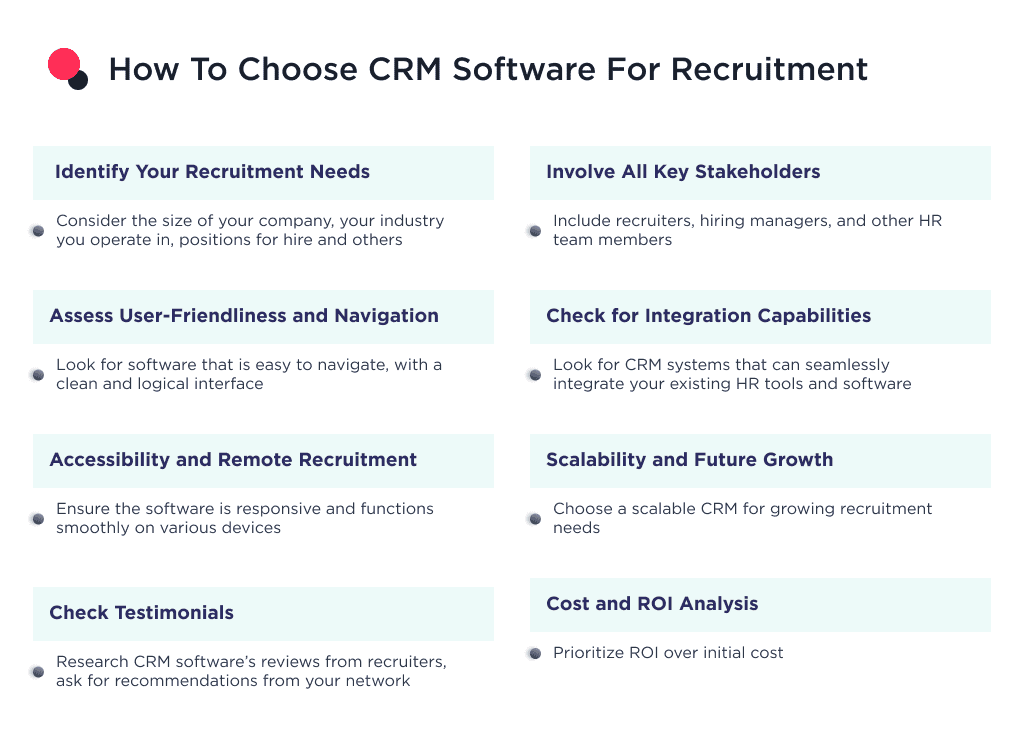
Now we’ve figured out how to choose CRM Software, let’s take a look at the main ways this powerful tool can help your HR team and organization as a whole.
How a Recruiting System Can Help Your Business
In today’s fast-paced business landscape, the ability to attract and retain top talent is crucial for the success and growth of any organization.
A well-executed recruitment strategy can make all the difference, and that’s where a dedicated recruiting system comes into play.
1. Streamlined Candidate Sourcing
A CRM system for recruitment allows companies to centralize candidate data and easily track potential talent from various sources.
This includes job boards, social media, and employee recommendations.
This simplifies the candidate search process.
At the same time, it makes it more efficient and effective in identifying the best candidates.
2. Enhanced Reporting and Analytics
CRM systems for recruiting provide powerful reporting and analytics capabilities.
They allow HR teams to measure the effectiveness of their recruitment strategies.
Data-driven analytics help identify bottlenecks in the hiring process.
It also helps to optimize recruitment campaigns and increase the overall effectiveness of talent acquisition.
3. Efficient Interview Management
Managing multiple interviews and coordinating with hiring managers can be a challenging task.
A CRM system for recruiting simplifies interview scheduling and provides a platform for feedback and evaluation.
It also ensures a smooth and organized interview process.
4. Talent Pipeline Management
Building and maintaining a talent pipeline is vital for long-term hiring success.
A CRM system helps businesses nurture relationships with passive candidates and stay connected with potential talent for future opportunities.
5. Collaborative Hiring
A CRM for recruiting platform facilitates collaboration between HR teams, hiring managers, and other stakeholders involved in the hiring process.
This collaborative approach ensures alignment and informed decision-making during candidate selection.
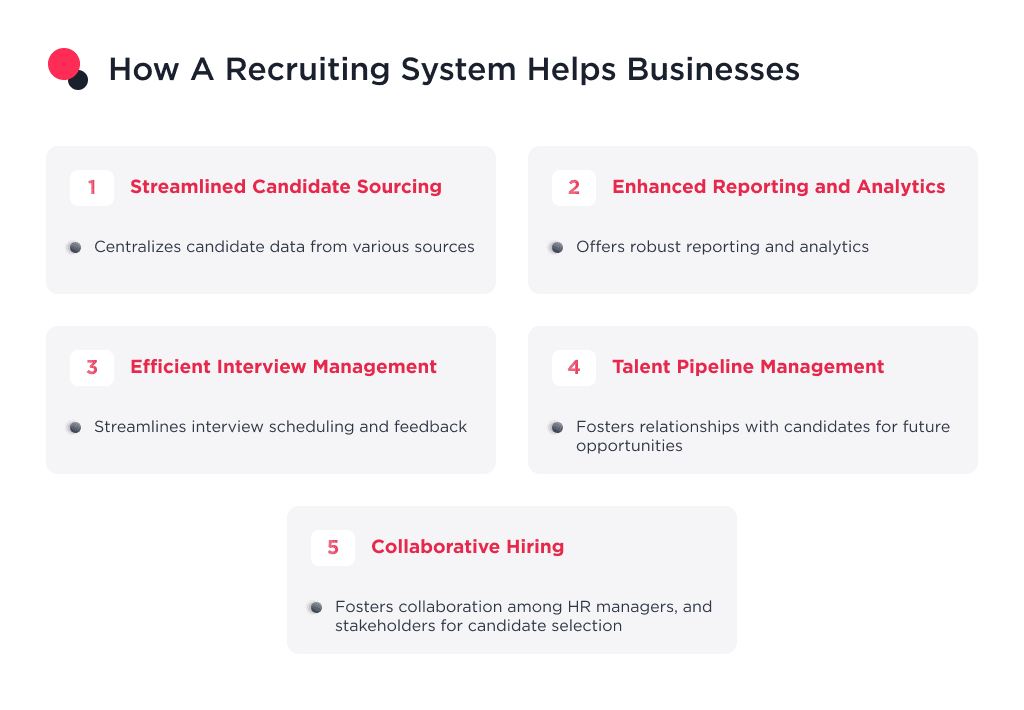
Let’s explore some popular and highly effective examples of CRM software specifically designed for talent acquisition.
Elevate Your Business with Our Custom Software Solutions
3 Best Recruiting CRM for 2025
Customer Relationship Management (CRM) platforms, once primarily associated with sales and marketing, have now found their way into the recruitment industry.
These CRM systems, tailored for recruitment purposes, offer a myriad of benefits that significantly enhance the hiring experience for businesses and candidates alike.
In this section, we will explore some of the most popular CRM platforms used in the recruitment industry.
These real-world examples exemplify how modern businesses leverage cutting-edge technology to attract top talent and build strong candidate relationships.
1. Zoho Recruit
Zoho Recruit is a widely recognized CRM for recruiting platform that offers a comprehensive suite of tools to streamline the entire hiring process.
Zoho Recruit enables recruiters to track candidates, manage job openings, and collaborate with hiring teams seamlessly.
Its powerful analytics and reporting capabilities provide valuable insights for data-driven decision-making.
Zoho Recruit also integrates with various job boards and social media platforms, expanding the reach of job postings and attracting a diverse pool of talent.
Key Features and Benefits:
- Automated candidate sourcing and resume parsing
- Customizable pipelines and workflows tailored to specific job roles and requirements.
- Advanced search and filtering options
- Automated interview scheduling and personalized communication
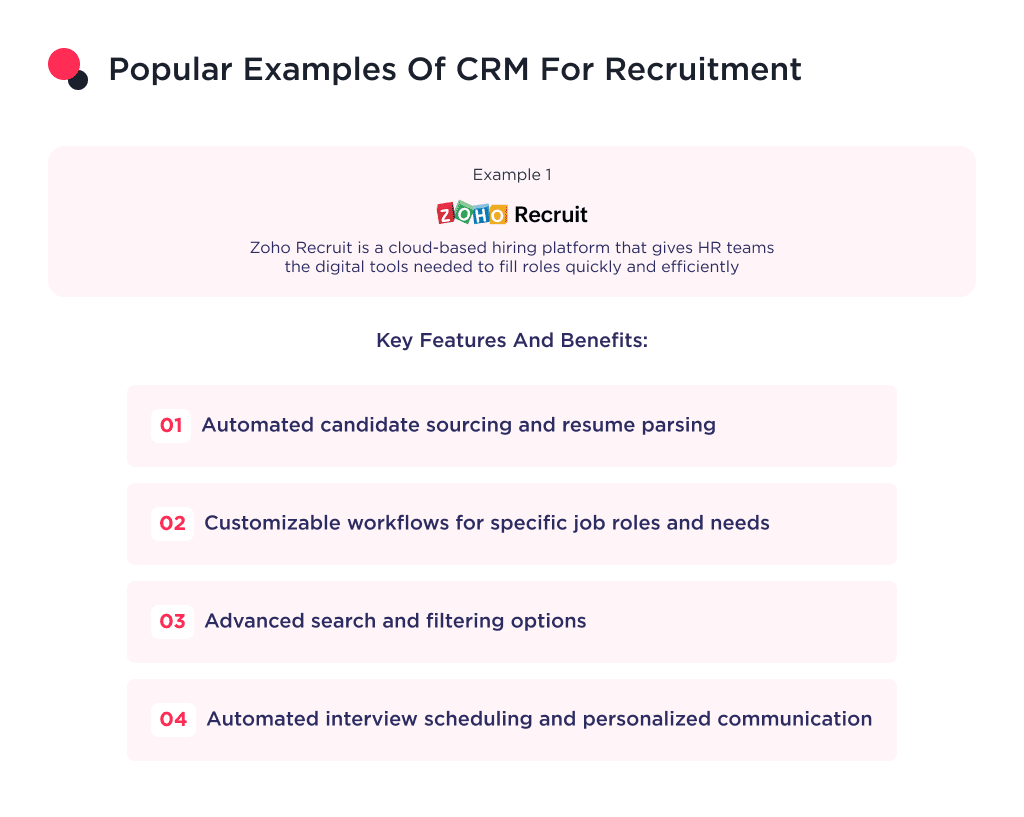
2. Bullhorn
Bullhorn is a cloud-based CRM platform designed specifically for the staffing and recruitment industry.
It caters to the unique needs of recruitment agencies and helps them stay ahead in a competitive market.
Bullhorn’s intuitive interface and AI-powered automation simplify various recruiting tasks, from candidate sourcing to onboarding.
The platform’s CRM functionality allows recruiters to build strong candidate relationships and manage client interactions effectively.
This article on the cloud migration discovery phase outlines the key steps for a successful migration.
Key Features and Benefits:
- AI-driven candidate matching
- Email integration and personalized communication to nurture candidate relationships. To improve your email marketing game, check out these 7 easy and effective email template strategies to generate more leads.
- Comprehensive reporting and analytics for data-driven insights and performance evaluation.
- VMS integration for seamless collaboration with clients and vendor management systems.
- Advanced security measures
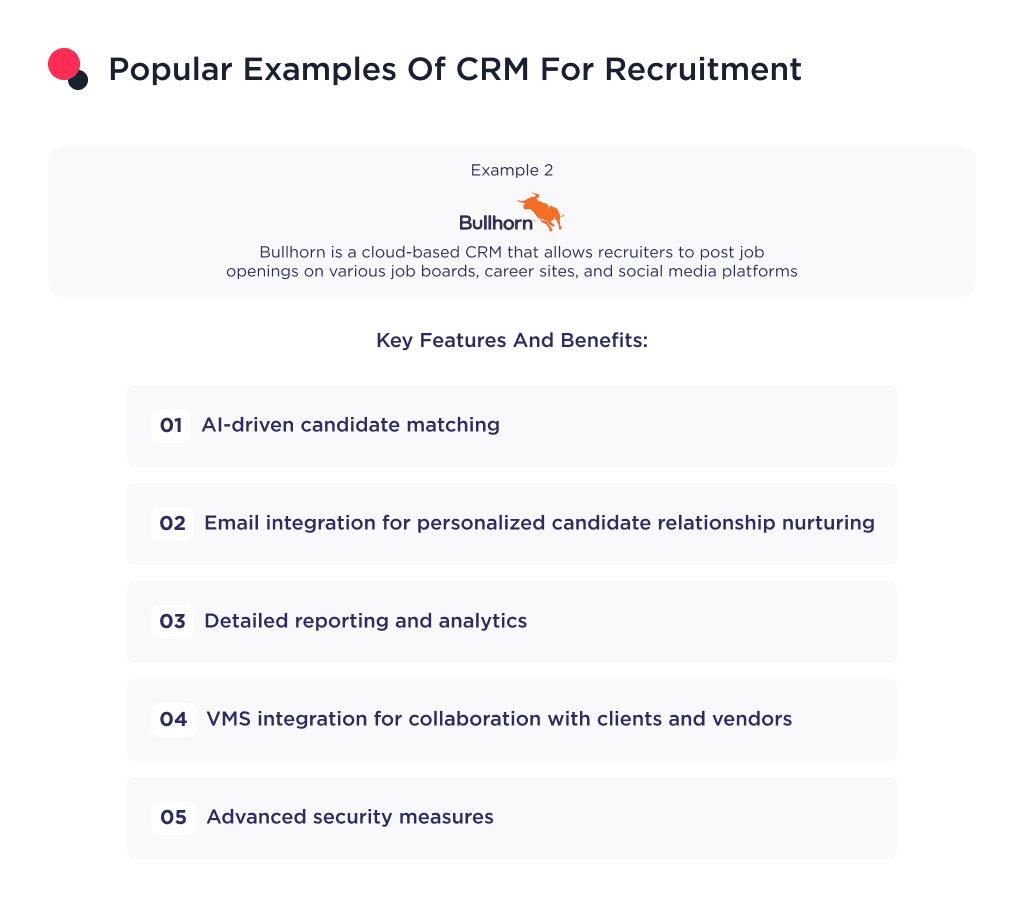
3. Greenhouse
Greenhouse is a top-tier CRM platform focused on providing an exceptional candidate experience while empowering recruiters with robust recruitment tools.
It offers an end-to-end solution for talent acquisition, starting from job posting to onboarding.
Greenhouse’s recruitment marketing features enable businesses to create attractive employer branding and engage with passive candidates effectively.
Key Features and Benefits:
- Customizable career pages and application forms to showcase the company culture.
- Structured interview kits and evaluation tools for consistent and objective candidate assessment.
- Performance-based data analysis to identify bottlenecks in the hiring process and optimize recruitment efforts.
- Integration with multiple third-party applications
- Dedicated customer support and training resources
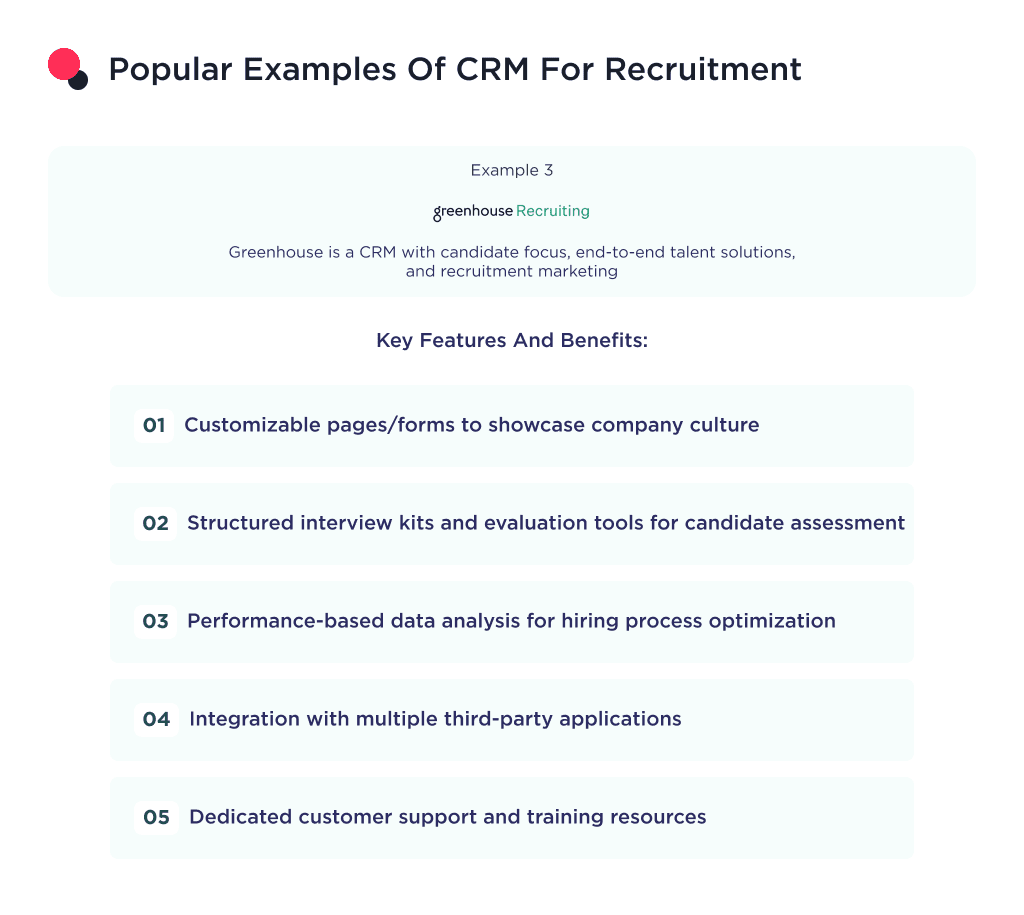
These are just a few examples of the leading CRM platforms that have transformed the recruitment landscape.
By leveraging these advanced CRM solutions, companies can attract top talent, improve candidate relationships, and make data-driven hiring decisions for sustained growth and success.
Considering Custom Recruiting CRM Development?
Recruiters need a robust CRM to streamline processes, nurture candidate relationships, and make data-driven talent acquisition decisions.
At Spdload, we develop customized applicant tracking systems and CRM solutions to meet all your recruitment goals within budget.
Our solutions empower businesses to acquire top candidates and build resilient teams to drive future growth.
Our journey to becoming a Clutch Leader in Ukraine shows how we put client success at the heart of everything we do.
Get in touch for a free consultation on our software development services.
Bonus Infographic
Here is a summary of our detailed guide. Here you will learn about how recruitment CRM helps businesses and how it improves its workflows.





